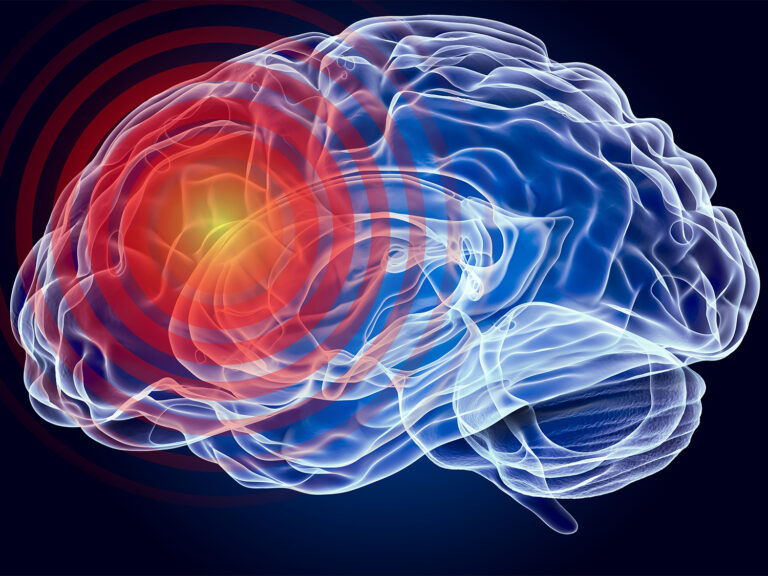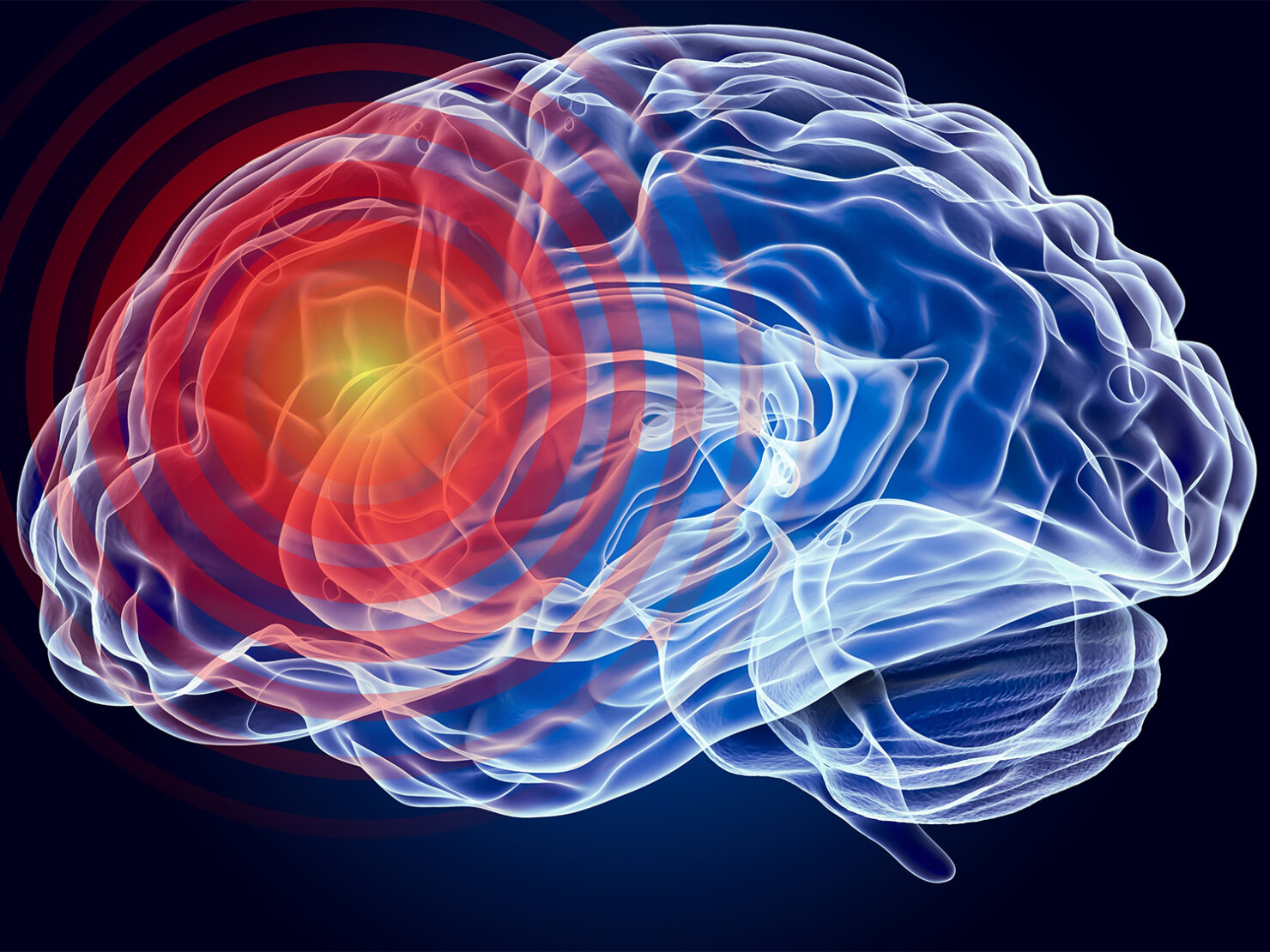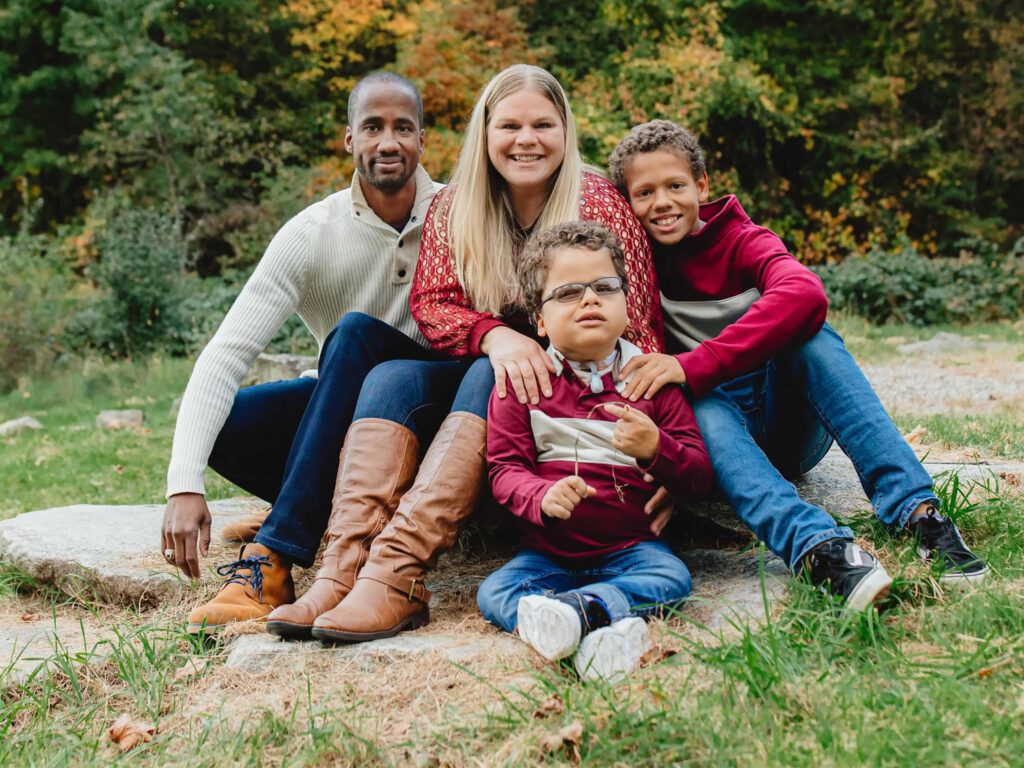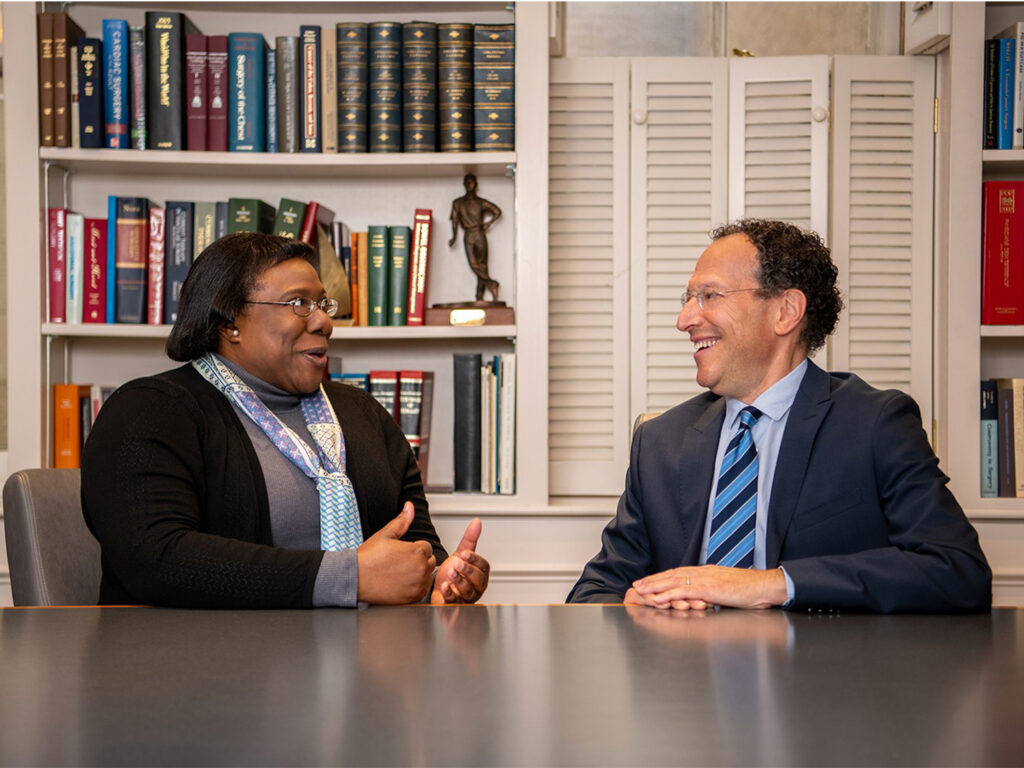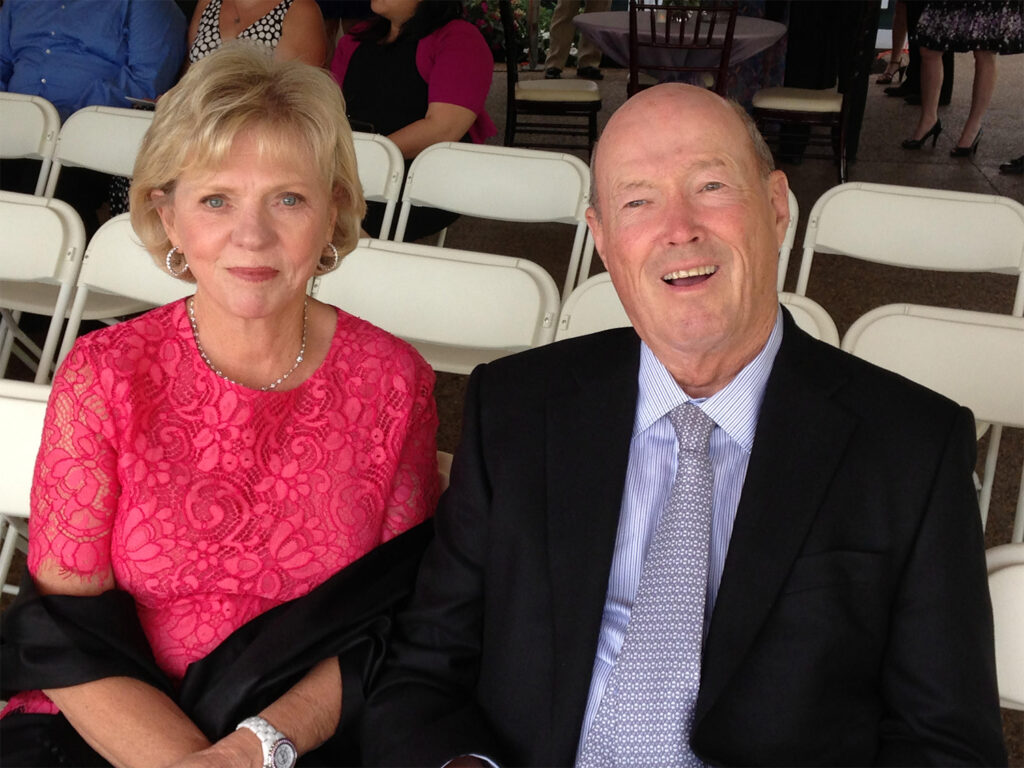Chronic pain is one of the most widespread and costly health challenges in the United States. Affecting more than 50 million adults, chronic pain deeply impacts quality of life, strains relationships and often leads to heightened risk of depression, anxiety and opioid dependence. Despite its prevalence, however, chronic pain remains one of the most underfunded and misunderstood areas in medicine.
Clinicians face their own obstacles. There are no definitive diagnostic tools for chronic pain, and treatment options are often limited, especially when trying to avoid the risks associated with long-term opioid use.
Across Mass General Brigham, a bold initiative is working to solve these challenges: The David Borsook Project, founded by pioneering pain clinician and neuroscientist, David Borsook, MD, PhD. With philanthropic support, Dr. Borsook is investing in the next generation of researchers who are dedicated to transforming how we understand, diagnose and treat chronic pain.
A Vision for Change
Dr. Borsook has spent his career at the forefront of pain neuroscience and pain medicine. A professor emeritus at Harvard Medical School with appointments at Massachusetts General Hospital, McLean Hospital, Boston Children’s Hospital and, now, Mass General Brigham, he has led groundbreaking research using brain imaging to uncover how chronic pain alters the brain and how treatments can be better tailored to individual patients.

But Dr. Borsook also recognized a critical gap: early-career researchers with bold ideas often lacked the funding and mentorship needed to launch their work. In response, he established The David Borsook Project — a grant and mentorship program designed to support junior investigators in psychiatry, radiology, neurology and anesthesiology who are committed to advancing pain research.
“I see myself as an academic philanthropist. I created this program to facilitate and support the next generation of researchers who are passionate about understanding chronic pain and how to treat it more effectively,” says Dr. Borsook. “Advancing this field requires bold, interdisciplinary thinking. Support for this program propels innovative research forward, ignites careers — and, ultimately, transforms lives. No one should have to live in the shadows of their pain.”
Mentorship in Action
The David Borsook Project, supported by The Cathedral Fund, provides seed funding for early-stage research, along with hands-on mentorship to help recipients refine their ideas, build collaborations and prepare competitive applications for federal grants. The Project fosters a collaborative environment across departments and encourages regular communication to promote cross-disciplinary learning. The program funded six candidates in 2024 and is currently supporting eight in 2025, with two more years of funding.
And the impact has been profound.
In 2020, Christine Sieberg, PhD, a psychologist at Mass General’s Center for Health Outcomes and Interdisciplinary Research (CHOIR), received a $40,000 grant from the program to study the neural and psychological factors contributing to chronic post-surgical pain in adolescents and adults. Her pilot data helped secure a $2.2 million grant from a large federal agency.
“Our understanding of chronic pain is growing, but we need to accelerate progress for effective diagnoses and treatments. That means investing in people, ideas and infrastructure — through institutional and philanthropic support — to innovate and drive real change.”
“The David Borsook Project was truly transformative for my career,” says Dr. Sieberg. “The early support and mentorship shaped my research trajectory and strengthened my commitment to advancing the field. I now have the privilege of serving on the Project’s committee, helping review applications and mentoring emerging researchers. It is deeply rewarding to contribute to a program that played such a pivotal role in my own success.”
Another recipient, Ryan Mace, PhD, a psychologist at CHOIR, received a $50,000 grant to explore the use of virtual reality for managing sub-acute pain following traumatic orthopedic injuries. That work helped him secure a $2.5 million award to develop a mindfulness-based lifestyle program targeting early dementia risk factors.
“Receiving the Borsook grant came at a pivotal moment,” says Dr. Mace. “It didn’t just fund a pilot study — it opened doors to lasting collaborations, cutting-edge technology and a community of scientists tackling pain from every angle. What made it truly transformative was the peer support from fellow awardees and the mentorship from Dr. Borsook. He helped clarify my priorities and gave me the confidence and tools to pursue my goals. I’m deeply grateful to the donors who make this kind of impact possible.”
In 2023, Mohamed Jarraya, MD, assistant professor of radiology in the Division of Musculoskeletal Imaging and Intervention, received a $50,000 grant from The David Borsook Project to investigate the relationship between pain phenotypes in osteoarthritis-related chronic pain and the extent of structural damage as detected on magnetic resonance imaging. His findings were instrumental in securing a career development grant, which offers funding and mentorship for early career researchers.
“I truly see The David Borsook Project as the start of my academic career. It served as a springboard from clinical work to academic research,” says Dr. Jarraya. “Dr. Borsook has been extremely supportive throughout the entire process and provided invaluable guidance and insights. I would love to see other junior colleagues have the same chance I had in starting their academic career.”
Future Support
Despite the urgent need, less than 1% of federal research funding is allocated to pain management. Academic medical centers devote minimal time to training in chronic pain care. And millions of patients continue to suffer without effective treatments or clear diagnoses.
The David Borsook Project is helping to change that — one researcher, one study and one breakthrough at a time.
“Our understanding of chronic pain is growing, but we need to accelerate progress for effective diagnoses and treatments,” says Dr. Borsook. “That means investing in people, ideas and infrastructure — through institutional and philanthropic support — to innovate and drive real change.”
To learn more or make a gift to The David Borsook Project, contact us.

